Kurtzman: We tend to sit down and talk very loosely about the experience of making the movie.
It’s pretty extensive.
Orci: We tend to venture to just be as open in how we came to things as possible.

CL
It’s not just, “I remember that day.”
It’s more of an interpreting of what we did.
Kurtzman: We grew up having nothing like this at all.
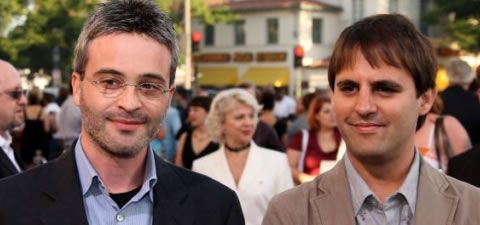
For example, there was one screenwriting book when we grew up.
There is so much there.
So, we try and give as much to the DVD extras as we can.
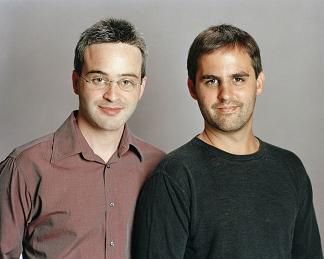
The opening sequence ofStar Trekwas very surprising.
How did that evolve, and how did you approach that?
Kurtzman: Interestingly enough, that was not the first scene of the movie that we wrote.
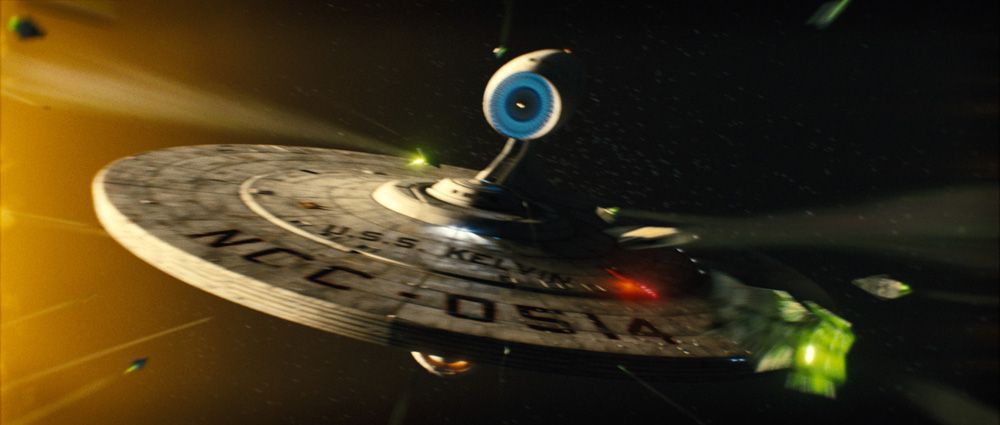
The first scene of the movie was the birth of Spock.
We knew that the way these characters were born was going to define everything about who they would become.
Are you going to rise to that challenge?," was a very emotional place to begin.
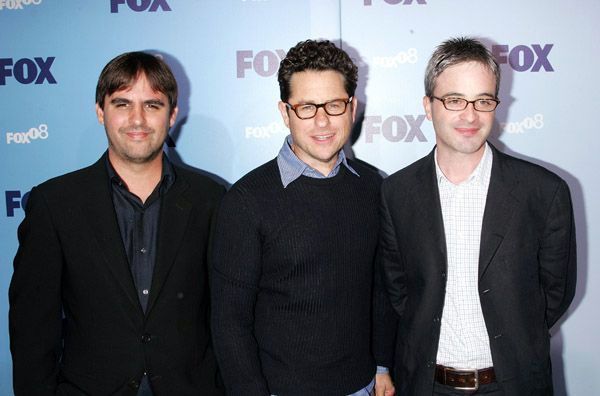
We were like totally offended by that and thought, “Well, okay, that’s bullshit.
Then, we can all go forward from there.”
He’s on his dad’s ship, and he’s in battle."
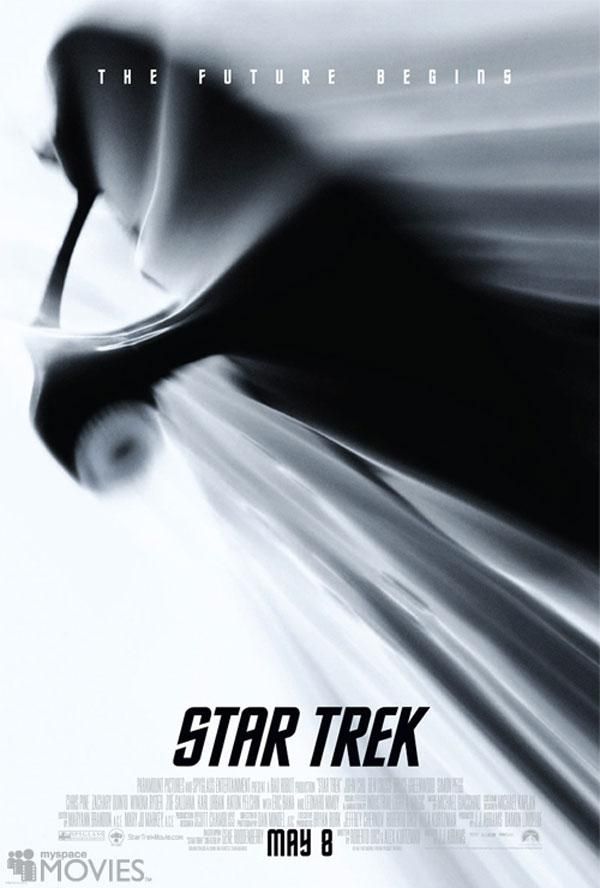
It started that he should be born in space and not Iowa.
How do you feel about that?
As an audience member, I always really like to be wondering, “What’s happening here?
.jpg)
I don’t understand it.
It’s really intriguing.
Where is the punch line going to go?”
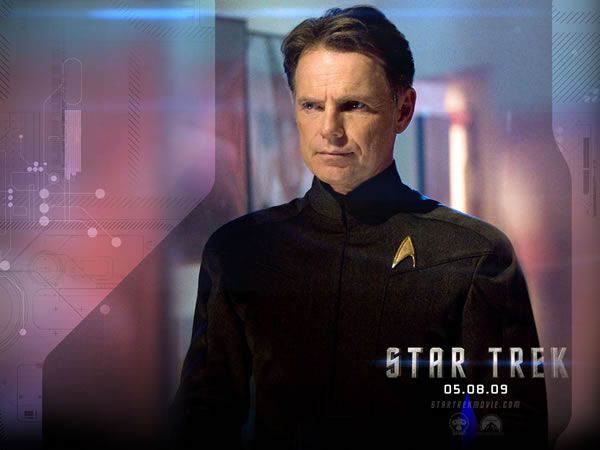
That’s really boring, and the audience tends to just check out.
Orci: It’s such a turning point that it’s more than just a plot dump.
I wouldn’t change it.
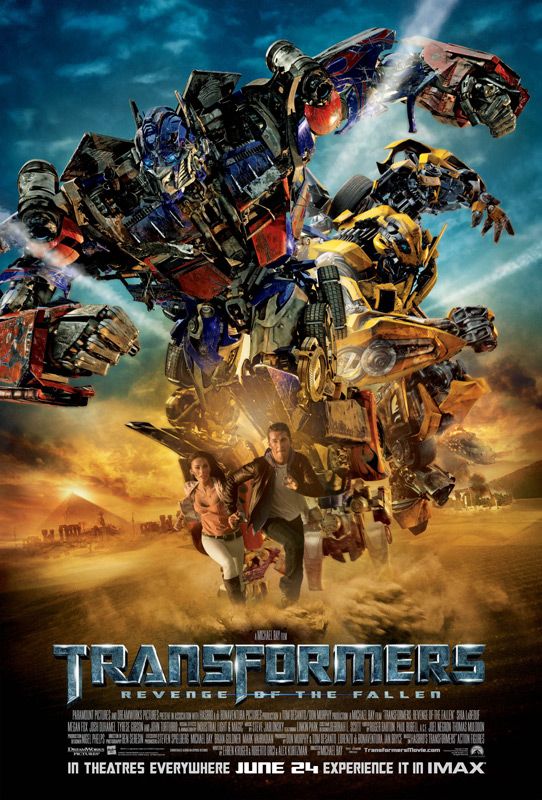
J.J. Abrams talked about examining some of the logical leaps in the story for theStar TrekDVD.
Was that something that you got a chance to examine on the DVD?
Also, did you address any of the issues that came up withTransformersfor that DVD?
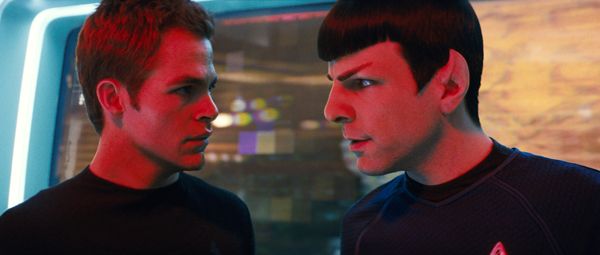
Kurtzman: I remember a good four- to six-hour session of walking into the studio and being very bleary.
A lot of the answers to those questions are on the DVD.
Orci: It happens twice.
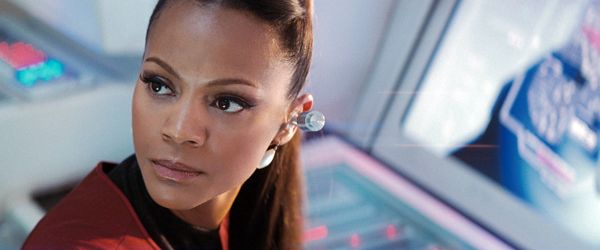
The “Ah-ha!”
of having Leonard Nimoy in it was big for us.
But then, you have to actually shoot it, and cast it.
Can you really replace icons?
What’s that going to be?
The second time was probably after we saw the first cut.
We saw it come together then.
Orci: We literally locked ourselves in a hotel room for weeks and weeks.
Kurtzman: We just worked scene for scene, line for line.
Orci: We were lucky with this one.
When we came up with the idea.
Orci: And, reading the novels helped.
We read a lot ofStar Treknovels.
Do you have a specific memory of the first time you encounteredStar Trek, as a child?
Orci: For me, it was being with my uncle.
He did the kid’s version of relativity.
Kurtzman: The original series was already in re-runs on KTLA, when I was growing up.
Will you continue to work with J.J. Abrams and push the envelope?
Kurtzman: We’d love to.
A good story is a good story, no matter where it comes from.
Anything that catches us, we get excited about.
Are you working on his new spy show?
There’s the same amount of trepidation and reverence forTrek.
Kurtzman: But, there’s the excitement of knowing that we have everything in place.
Going into the first movie, we had no idea what the actors were even going to look like.
Now, knowing what the feeling was and who’s playing the parts, will definitely be helpful.
Can you talk about how, for both properties, you approached a familiar thing while still surprising audiences?
Kurtzman: In the case ofTransformers, we didn’t see it as re-imagining because there was no movie.
It was just a cartoon.
That was actually imagining like, “What is this going to look like?”
The standards of storytelling were so different, when the cartoon was first invented.
They literally didn’t have the ability to do the live-action version.
It was just like, “Okay, what are the movies that this wants to feel like?
And, that led us to a boy and his car.
Orci: WithStar Trek, there are 10 movies.
You’ve seen it live-action.
You’ve seen lots of things that can be done.
It’s got a bigger impression in people’s minds already.
Did you ever expect that theTransformerssequel was going to be so divisive?
Orci: Yeah, I expected it to be divisive.
Sequels are easy targets.
It was undertaken under the pressure of a writers' strike, which makes us targets.
It was longer, which was a debate.
I wish it was longer.”
That just totally confuses me.
What was the hardest scene for you guys to lose?
What about the whole Klingon thing?
Orci: We added that later.
We knew it might be long, but we just went for it.
So ,we were fine with exactly how it ended up.
Orci: In that one, it was the reverse.
Too many scenes ended up in the movie.
No, I’m kidding.
WithStar Trek, once it was shot, it was shot.
WithTransformers, scenes could be created after the fact, that weren’t in the original script at all.
It’s the opposite.
Does the relationship between Spock and Kirk resemble your relationship with each other?
Orci: I realized that a lot earlier.
Kurtzman: Yeah, but Bob didn’t say anything.
Which one of you is Spock and which one of you is Kirk?
Orci: I think Alex is Kirk and I’m Spock.
InStar Trek, you hear Greg Grunberg as the stepfather, but you don’t see him.
Will you see him on the DVD?
Kurtzman: You will see the stepfather on the DVD, but not Greg.
You’ll see a scene there that we ended up losing.
Orci: Greg wasn’t originally cast as that, and then he came in as the voice.
There is a scene that was shot with another actor.
Is there room for Greg Grunberg to fit into theStar Treksequel?
Kurtzman: There is always room for more Grunberg.
It’s whether or not he can find the time.
He’s one of TV’s heroes.
We’ll see how that goes.
If he has the time, we’d love it.
Can you update the project you have going with Masi Oka?
What’s the status of that?
Orci: We’re still working out the story.
Kurtzman: We actually can’t say too much about it, but Masi is amazing.
He’s wonderful to work with.
Orci: Gary Whitta is writing it.
Kurtzman: He wroteThe Book of Eli, which is coming out this year.
We’ll find out what happens.